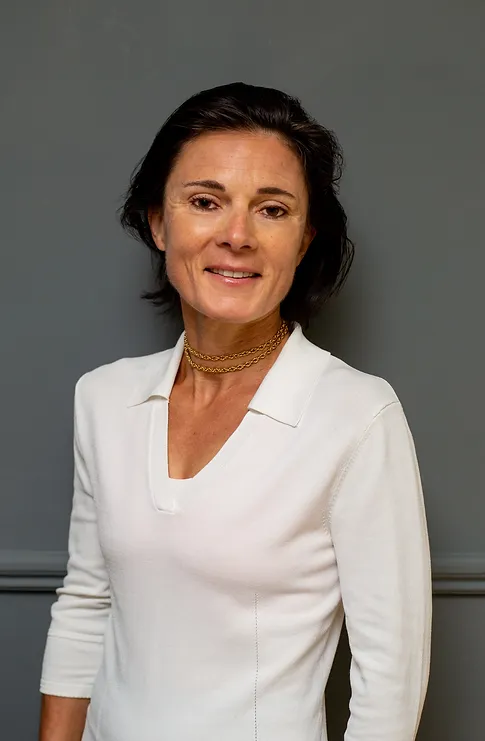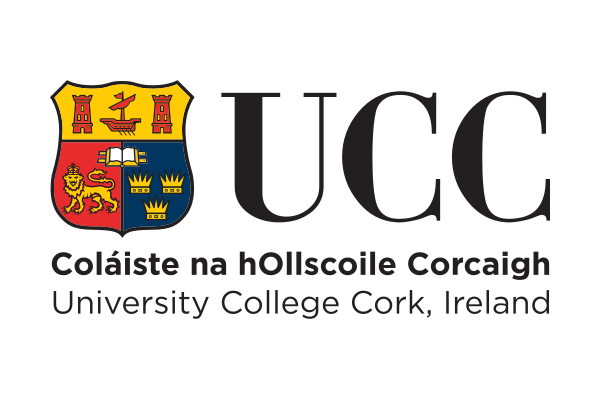Raphaëlle O'Connor
Dr. Raphaëlle O’Connor has over 25 years’ experience in the ideation, development, and commercialisation of food chemistry, food science, food technology, and nutrition.
She deals specifically with functional nutrition and consumer health and wellness, leveraging a highly-developed network of strategic partnerships and collaborators, as well as her own veteran expertise in systematic governance processes.
Raphaëlle has led numerous international and regional inter-disciplinary teams, acting as an innovation catalyst and product-portfolio ambassador. She leads and supports development projects in converging product categories, and has done so for companies like Amgen, Johnson & Johnson Vision Care, Nestlé, Pfizer, and Wyeth Nutritionals. She also leads cross-functional technology transfer projects to contract manufacturing organisations, and ensures both adherence to client business processes and a robust transfer of clinical and commercial products, technologies, and services.
Her breadth of experience includes the introduction of several infant formula brands, maternal nutrition dietary supplements, functional foods and beverages, cosmeceuticals, and bioactives (including probiotics) across numerous international markets, with a specific focus on China.
Raphaëlle spends most of her time working on ‘innovation by design,’ merging clean science, technology, and ingenuity to shift the trajectory of integrative nutrition, health, and beauty from within. She has a keen interest in sustainable, nutritional, and multi-functional systems, as well as due diligence procedures, which ensure the highest quality of information for her teams and clients.

Click on any of the following links to learn more about us.






Renowned global thought leader
As an internationally recognised authority in Customised Nutrition and a vanguard in strategic innovation, Raphaëlle O’Connor has captivated audiences across the globe with her insightful presentations and dynamic moderation. Her expertise has been showcased at premier events, including the Nutra Event 2023, Growth Asia Summit 2023, the Future of Nutrition Summit and the Fi Europe Conference 2023, and Vitafoods Europe. Raphaëlle’s thought leadership in these international forums has not only set the bar for industry discourse but has also paved the way for the next wave of nutritional innovation.

